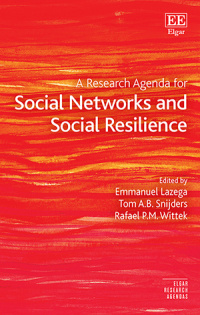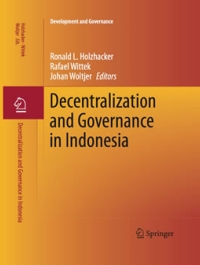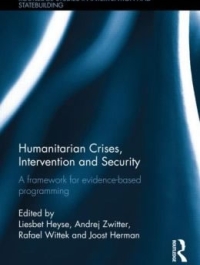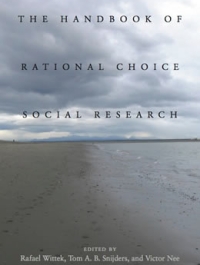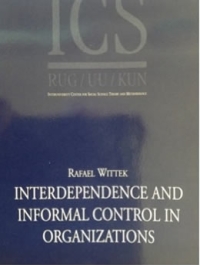Lazega, E., Snijders, T.A.B., Wittek, R. (2022). A Research Agenda for Social Networks and Social Resilience. Cheltenham: Edward Elgar.
Elgar Research Agendas outline the future of research in a given area. Leading scholars are given the space to explore their subject in provocative ways, and map out the potential directions of travel. They are relevant but also visionary.
This cutting-edge Research Agenda demonstrates how social network analysis can be used to address problems of social resilience and advance knowledge and policy intervention in the face of the existential crises that threaten our contemporary societies.
Highlighting the role of social networks in supporting social resilience, contributions from experienced and innovative thinkers across the social sciences encourage readers to think in network terms about issues of social change and survival in situations of vulnerability. Chapters apply innovative social network thinking and analyses to a diverse range of existential societal challenges, including marginalized communities, emerging labour markets, governments, food systems, educational establishments, online social media, and the environment. The book further advances critical research frontiers that will inform the building of more resilient societies and ecosystems and ultimately strengthen our capacity to project ourselves into the future.
Combining network-based critical analysis with in-depth knowledge of policy design and intervention, this dynamic Research Agenda will be an essential tool for postgraduate students carrying out research in the social sciences. Its provision of state-of-the-art research agendas in eighteen vital domains of social life will benefit analysts and consultants designing, implementing, and evaluating policy in these areas.
Contents
Introduction to social networks and social resilience ix
Emmanuel Lazega, Rafael P.M. Wittek and Tom A.B. Snijders
1 Social networks and the resilience of marginalized communities 1
Miranda J. Lubbers
2 Gender, social networks and resilience during the COVID-19 pandemic 17
G. Robin Gauthier and Kelly L. Markowski
3 Social networks and resilience in work teams 31
Birgit Pauksztat
4 Social networks and resilience in emerging labor markets 45
Paola Tubaro
5 Inter-ethnic relationships in social networks and their effect on the resilience of ethnically diverse societies 59
Tobias H. Stark and Verena Seibel
6 Ethnic diversity, social networks, and the social resilience of schools 73
Clemens Kroneberg
7 Criminal networks and social resilience 87
Paolo Campana
8 A framework for resilience of and in international networks 101
James Hollway
9 Resilience in political networks 115
Karin Ingold, Dimitris Christopoulos and Manuel Fischer
10 Protest networks, mobilization, and resilience 131
Isabelle Langrock and Sandra González-Bailón
11 Resilience of socio-semantic bubbles 145
Camille Roth
12 Food systems between resilience and change: a social network analysis perspective 165
Laura Prota
13 Social networks to support food and nutrition security: a case study in the United States 181
Kayla de la Haye
14 The importance of seed circulation networks in the resilience of seed systems 197
Mathieu Thomas, Christian Leclerc, Isabelle Goldringer, Baptiste Rouger, Vanesse Labeyrie and Sélim Louafi
15 Community resilience under rural development projects and technocratic interventions: agenda for social network research 211
Petr Matous
16 The social safety net: implications for resilience in old age 223
Lea Ellwardt
17 Spatial opportunity structures for resilient social networks: the role of architectural and urban form 239
Kerstin Sailer and Xiaoming Li
18 An integrative network approach for understanding resilience to environmental change 257
Michele L. Barnes

